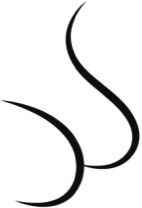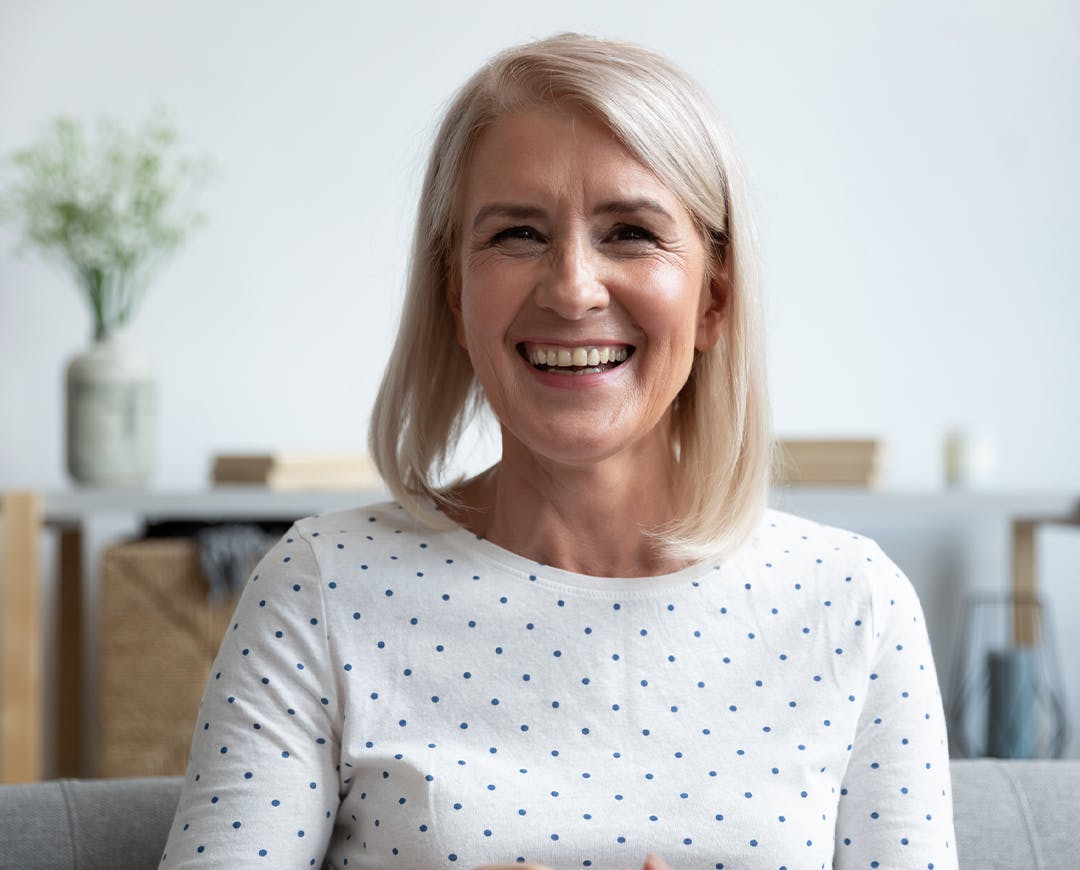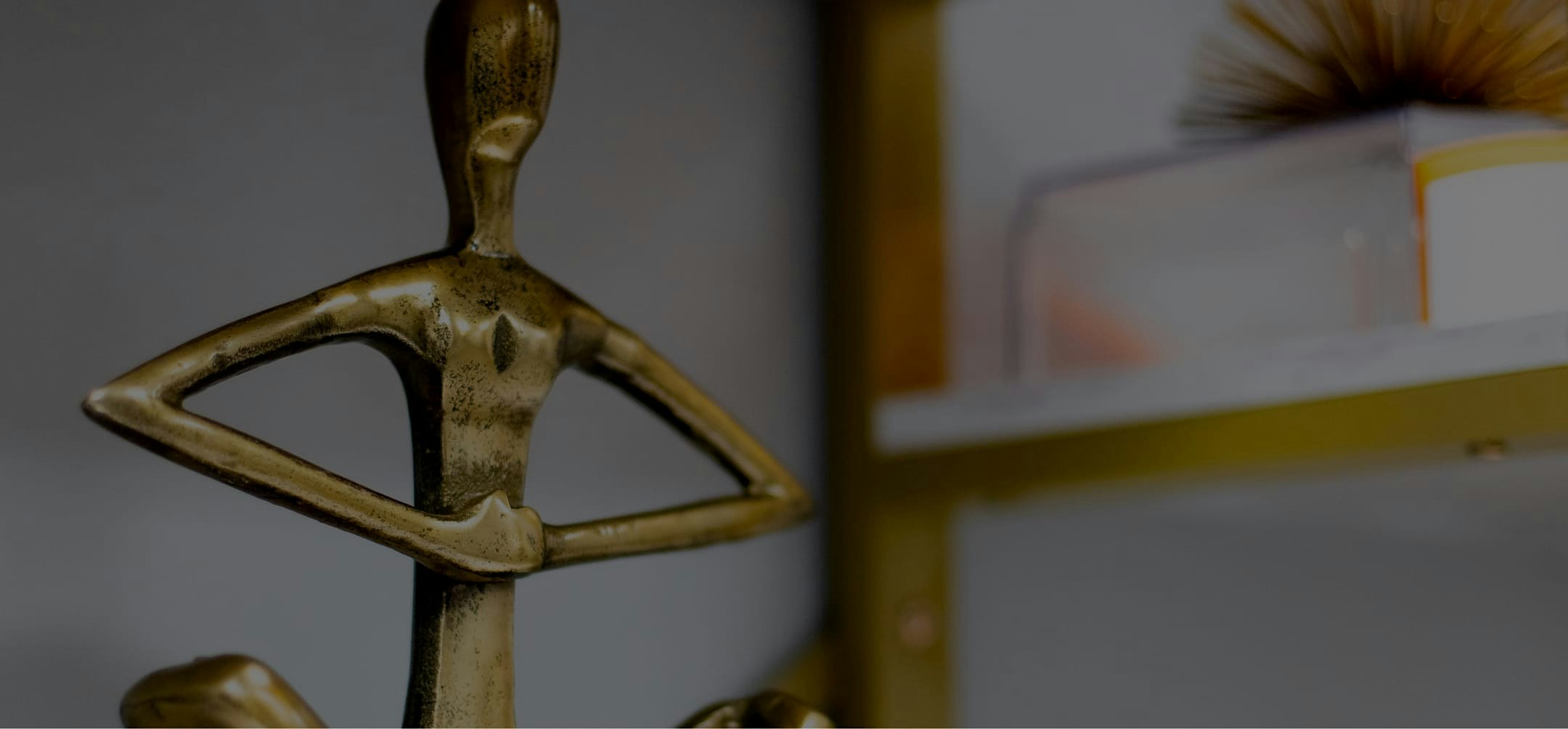By utilizing donor tissue and excess fat from the lower backs and flanks, also sometimes known as the “love handles”, the LAP flap reconstruction technique enables the patient to enjoy naturally reconstructed breasts, alongside the added bonus of sculpting and toning the donor area. The LAP flap is just one of many autologous techniques offered at the Institute for Advanced Breast Reconstruction.
When to Consider the LAP Flap Procedure
“LAP” stands for lumbar artery perforator, and this procedure utilizes a tissue flap made from skin and fatty tissues that will be harvested from the lower back. This is often the ideal procedure choice for patients who are not well suited to an abdominal flap, or if there is insufficient fatty tissue in the thigh region as well.
Sometimes a previous abdominal surgery—like a tummy tuck, for example—can limit the availability of donor tissue in this area, making the LAP flap procedure a much more viable option. It can also be the case that an abdominal procedure has impacted the blood vessels in the area in a way that makes them unsuitable for transplant, as this is a major component of the autologous procedure.
When you meet with Dr. Srinivasa during your consultation, she’ll make sure that you’re fully aware and informed of your options. You’ll discuss the unique benefits of each procedure, and will work together to ultimately land on the technique that’s best for you.







